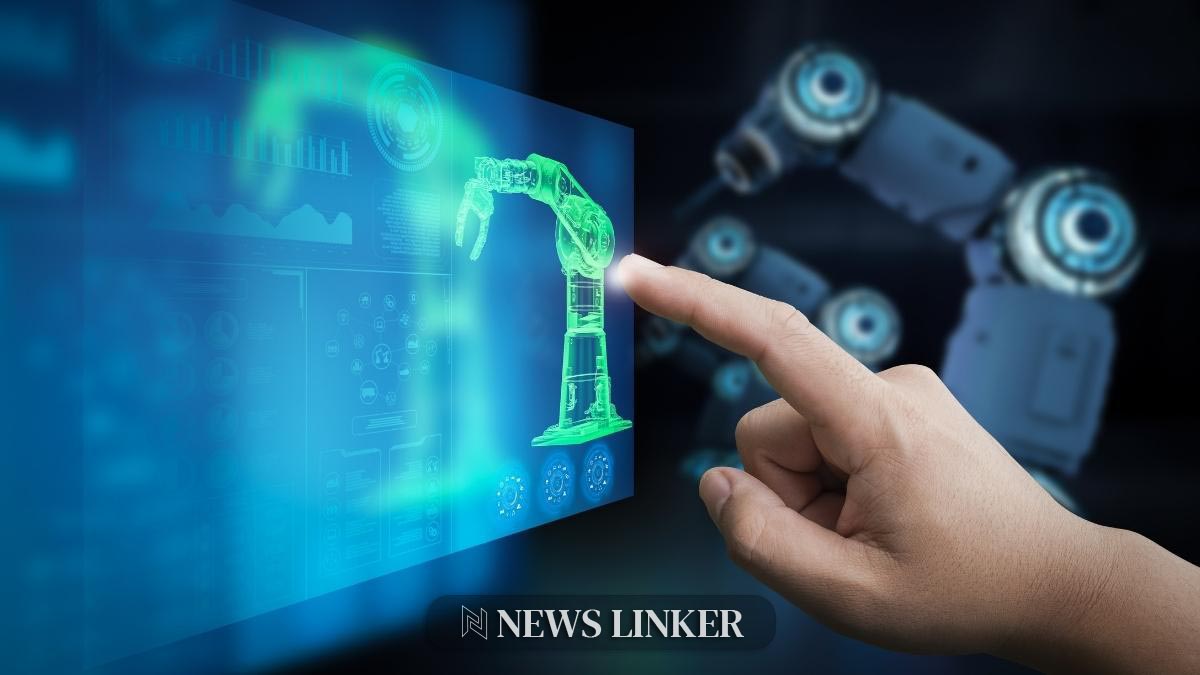Service robotics, predominantly prevalent in East Asia, is on the brink of global proliferation, as indicated by Pudu Technology Co., a leading Chinese robotics firm. The company has established itself as China’s premier exporter of service robots, suggesting a significant shift in the industry’s landscape for the upcoming year.
Service Robots Poised for Widespread Adoption
Felix Zhang, the CEO of Pudu Robotics, envisions 2024 as a pivotal year for the service robot sector, with practical applications for delivery and cleaning robots in high demand. Pudu Robotics has successfully deployed its robots in various regions, forming strategic alliances, opening its management platforms to developers, winning prestigious design awards, and securing substantial funding to fuel its growth.
Robots Revolutionizing Elder Care
Pudu’s current product suite includes robots like BellaBot and KettyBot, which are instrumental in senior care facilities, providing assistance with food and medication delivery, and even offering social interaction. The CC1 cleaning robot is another key component, enhancing hygiene and reducing the workload in care facilities. Given the aging demographic and healthcare staffing challenges, Pudu’s robots are becoming an essential solution in the healthcare sector.
The upcoming year is expected to see a surge in robotic adoption within healthcare settings. Robots are increasingly utilized for monitoring routines, medication reminders, and providing emotional support, addressing the loneliness often experienced by the elderly.
Global Market Dynamics and Economic Factors
While the global market for service robots expands, the U.S. is starting to close the gap with Asia. Pudu Robotics has experienced rapid growth in exports and is at the forefront of addressing labor shortages through robotics, particularly in the U.S. where the service industry faces significant staffing challenges.
Zhang shares insights on how the adoption of robotics can mitigate labor shortages despite economic uncertainties. The company has witnessed a growing demand across various sectors, including restaurants, hospitality, healthcare, and retail, which necessitates further integration of robotics to maintain service levels.
The integration of large language models (LLMs) is set to make robots more interactive and useful. LLMs enable robots to understand and execute complex commands, enhancing their capabilities in positioning, navigation, and perception. Pudu Robotics is ensuring that these advancements align with human values and standards.










